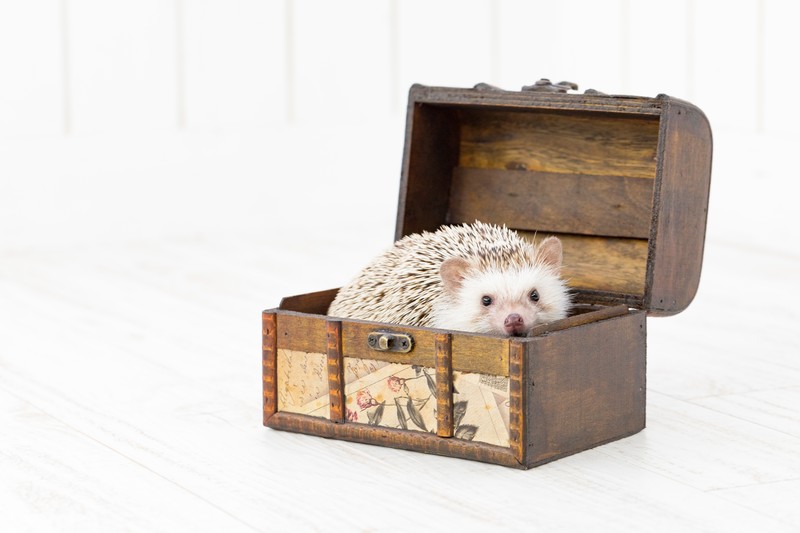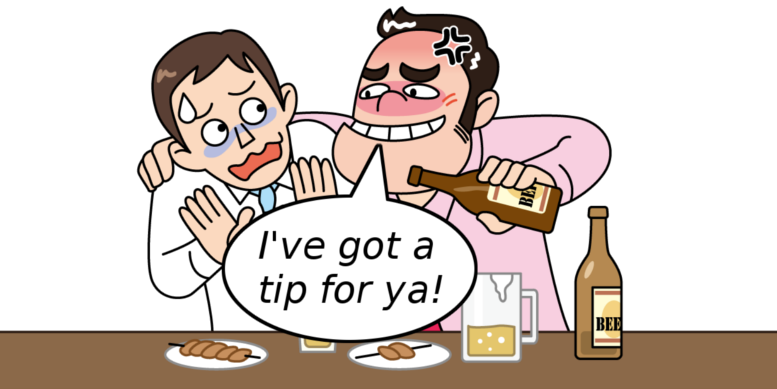Last stream we continued our Rubbish to Published series, where we start from absolutely nothing and create something “publishable.”
We picked our tense and POV in the previous stream, so it was finally time for our last step: writing chapter one.
When most people imagine writing a book, they think writers just get an idea and then start writing from the beginning to the end. But through this series, we’ve shown that isn’t the case at all. We’ve have ten steps before we were ready to write chapter one! So if you have an idea that you want to write, but you’re having trouble starting chapter one, no worries. There’s plenty of stuff you can do to get the juices flowing.
Since we’d done so much already, starting our chapter one was pretty easy. Chat voted for the opening sentence they liked best, and then we came up with this:




